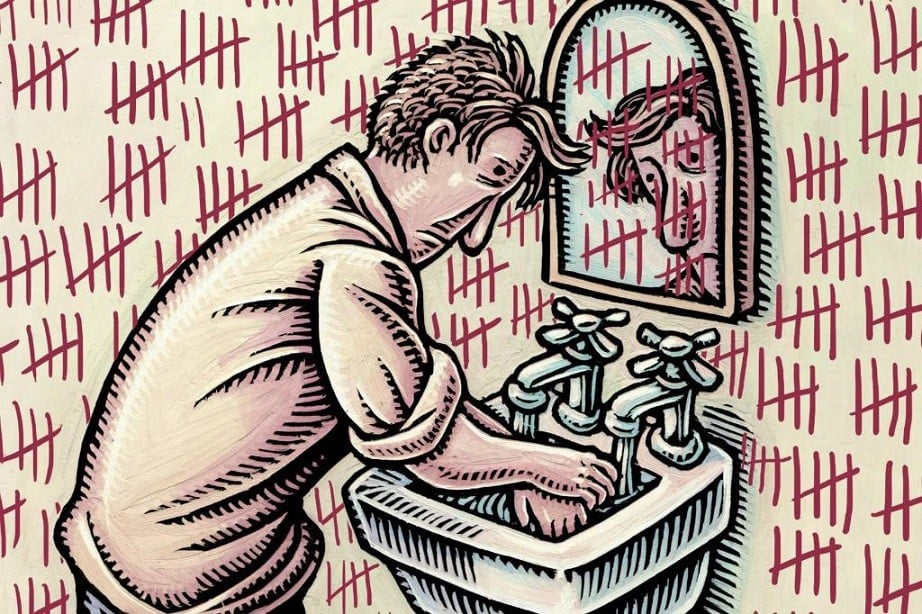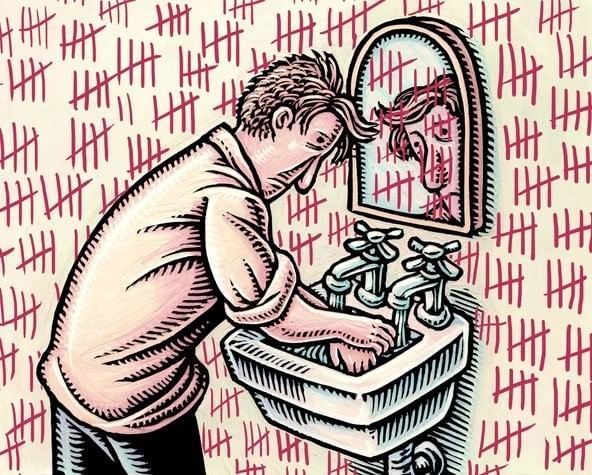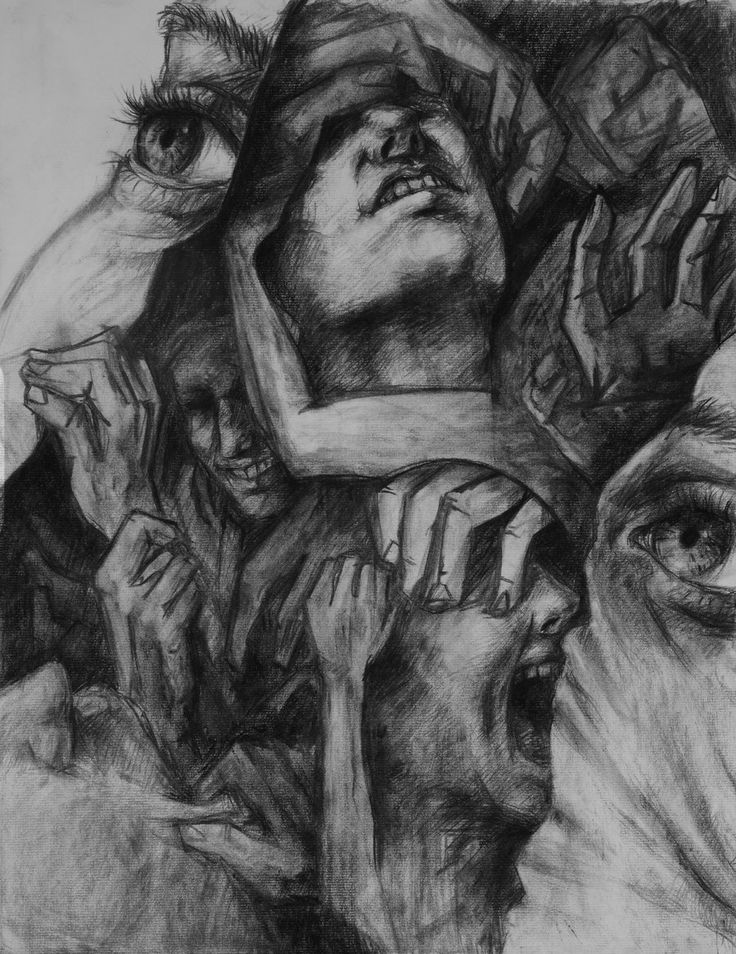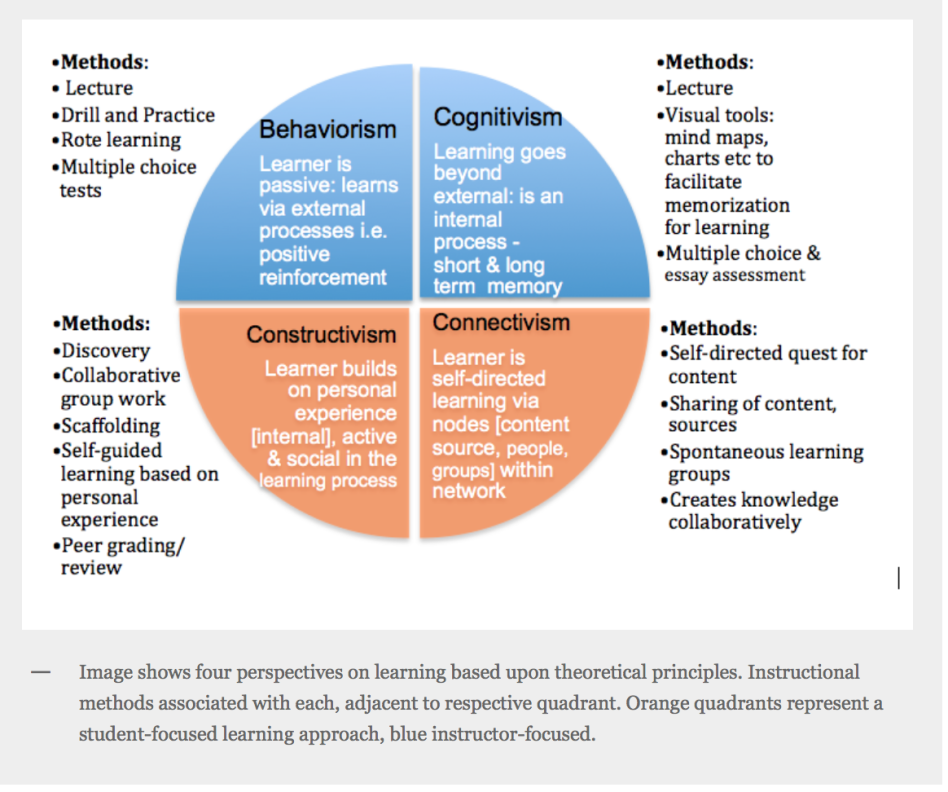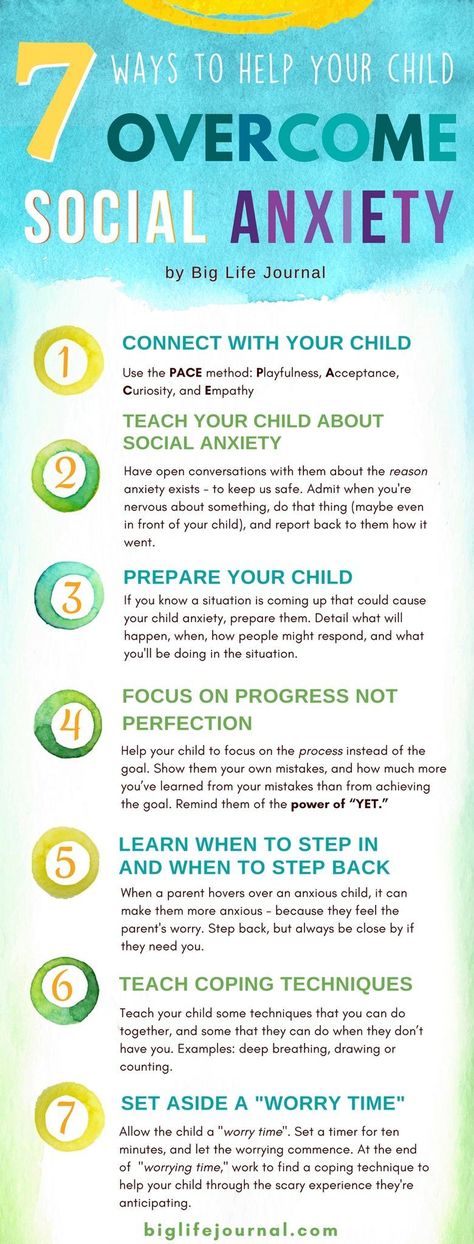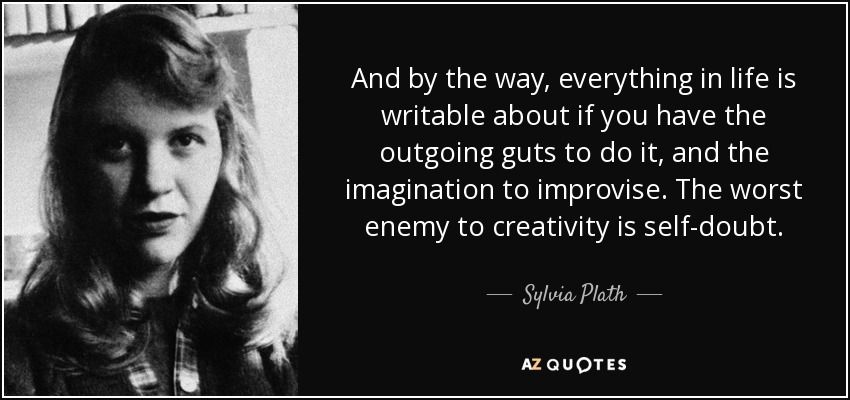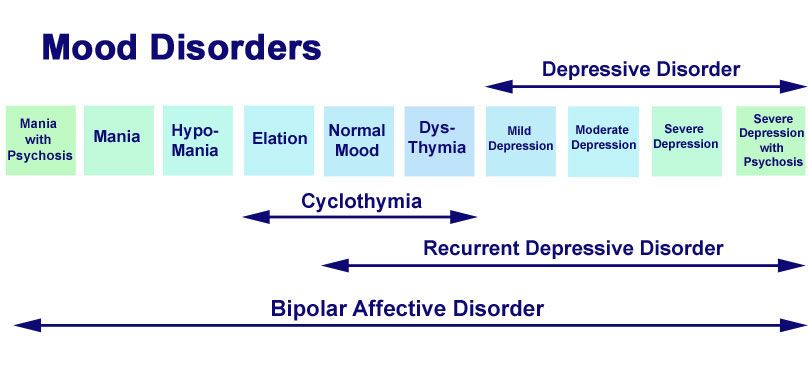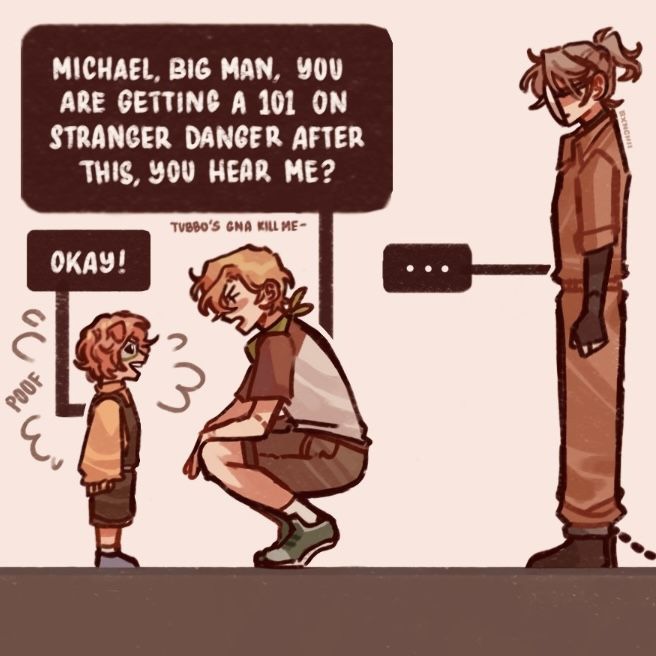Death obsession disorder
OCD and Death Obsessions: Symptoms, Causes, Treatment
Do you have a fear of death or dying? Do you fear you’ll lose a loved one, and can’t seem to stop thinking about it?
Some people with obsessive-compulsive disorder (OCD) obsess about death. If this sounds like you, you’re not alone.
OCD is split into two main symptoms:
- Compulsions, which are repetitive mental or physical acts. They often stem from feeling as though something terrible may happen if you don’t perform these acts.
- Obsessions, which refer to thoughts, images, or urges. Obsessions are repetitive and intrusive. Intrusive thoughts are unwanted thoughts that interfere with your daily life.
Death obsessions can stem from many factors. These obsessions can be exhausting and overwhelming. Over time, they can take a toll on your mental health.
Death obsessions are a fear that you or someone close to you will die. You can also have obsessions about the process of dying.
Death obsessions can be caused by various underlying factors such as anxiety, depression, or OCD.
If you’re having obsessions about death, these are often unwanted, intrusive thoughts that interfere with your daily functioning. For example, death obsessions may cause you to spend large chunks of your day thinking about death or worrying that someone may die.
There are also stressors that can contribute to having death obsessions, like if you or someone close to you is very sick, it can be difficult to stop thinking about death.
Thanatophobia is the fear of death or the process of dying. If you have thanatophobia, you might experience high anxiety and distress when thinking about death or dying. You may also have extreme emotions such as anxiety, anger, guilt, or agitation.
A 2020 study found a strong link between death anxiety and the occurrence of OCD symptoms.
Death obsessions are common in people with OCD. However, some factors may make you more susceptible to having obsessions surrounding death.
Research suggests that a fear of death is more common in individuals who:
- have low self-esteem
- lack religious beliefs
- are in poor health
- lack a sense of fulfillment in life
- have less intimacy with family and friends
Fears of death also occur frequently in individuals with depression, anxiety, and those who have strong beliefs about what will happen after death.
While you can’t entirely control your thoughts, you can learn better ways of managing them.
Therapy and medication are both ways to manage obsessive thoughts. There are also some things you can do on your own.
Exposure response prevention
Exposure response prevention (ERP) therapy is a type of cognitive behavioral therapy (CBT). The focus is to expose you to triggers that lead to obsessions and compulsions.
In ERP therapy, a mental health professional will help you examine the relationship between your triggers, obsessions, and compulsions, and then expose you to those triggers.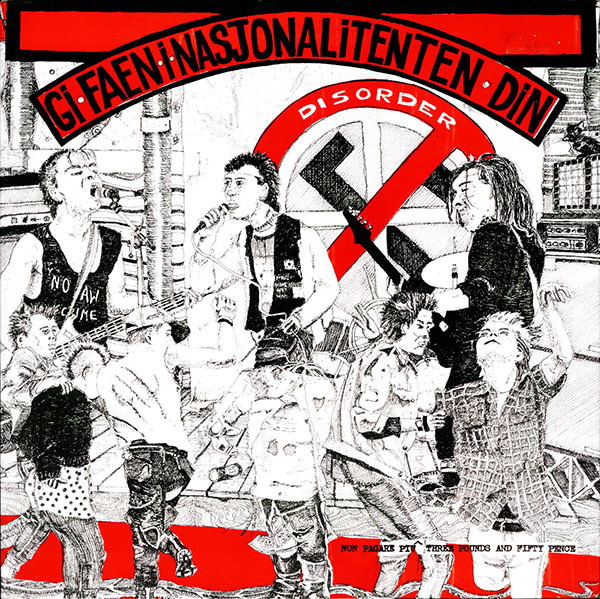
They will then teach you how to choose not to engage in behaviors that lead to obsessions or compulsive behaviors.
By choosing not to engage in the behaviors, you’ll experience a decrease in anxiety over time.
The body cannot, physiologically, remain in an elevated anxious state. The purpose of ERP is to retrain the faulty alarm system of the brain that says that one must engage in the compulsion in order to relieve anxiety.
ERP is known as the gold standard for treating OCD symptoms.
Medication
Antidepressants known as selective serotonin reuptake inhibitors (SSRIs) can help with managing OCD symptoms. They’re usually prescribed for depression. However, some have been FDA-approved to treat OCD symptoms.
Frequently, these medications are prescribed at higher doses than they would be in depression treatment.
Common FDA-approved SSRIs for OCD include:
- sertraline (Zoloft)
- fluoxetine (Prozac)
- fluvoxamine (Luvox)
- paroxetine (Paxil)
If you’re having obsessive thoughts about death, you may consider talking with your doctor about medication.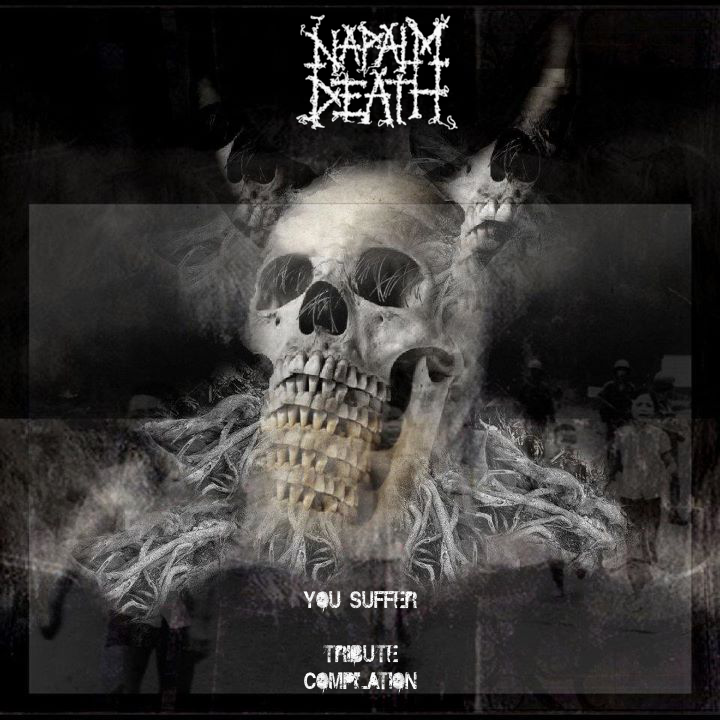 However, meds may or may not be suitable for you when dealing with OCD.
However, meds may or may not be suitable for you when dealing with OCD.
Self-help strategies
There are strategies you can use at home to help you deal with obsessive thoughts.
Learning to reduce stress and find a way to cope effectively can help with obsessive thoughts. Doing this while working with a mental health professional gives you the greatest benefit.
Mind UK suggests several strategies for managing OCD at home, such as:
- using a self-help resource, such as OCD UK
- building up a support network
- trying out peer support
- exercise
- following a healthy diet
- getting plenty of sleep
If you’re having intrusive thoughts related to death, support is available.
The International OCD Foundation offers some helpful apps to help manage OCD. This foundation focuses on education, support, and symptom management of obsessions and compulsions.
You can also check out their peace of mind community which has a way to connect online.
Other resources for managing OCD symptoms include:
- Made of Millions Foundation
- The National Alliance on Mental Illness
- Beyond OCD
Suicide prevention
If you’re having suicidal thoughts or thoughts of self-harm due to obsessive thoughts about death, help is available now.
- Call the National Suicide Prevention Lifeline 24 hours a day at 800-273-8255.
- Text “HOME” to the Crisis Textline at 741741.
- The Trevor Project provides crisis support for LGBTQIA+ individuals. Call their hotline at 866-488-7386 or text “START” to 678678.
- OCD action has a helpline available for those in the UK.
- Not in the U.S.? Find a helpline in your country with Befrienders Worldwide.
OCD and Death Obsessions: Symptoms, Causes, Treatment
Do you have a fear of death or dying? Do you fear you’ll lose a loved one, and can’t seem to stop thinking about it?
Some people with obsessive-compulsive disorder (OCD) obsess about death.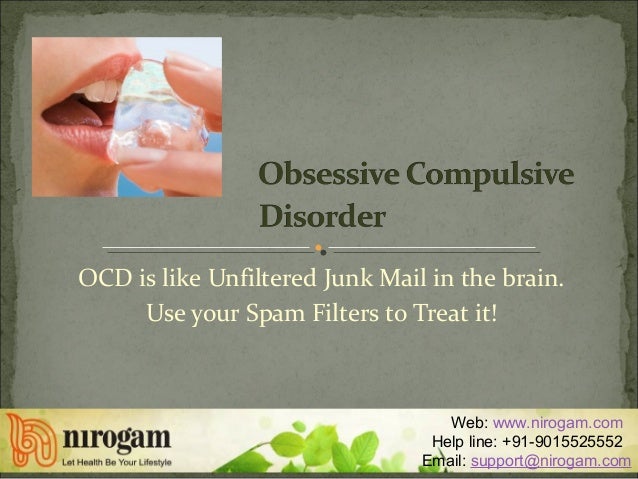 If this sounds like you, you’re not alone.
If this sounds like you, you’re not alone.
OCD is split into two main symptoms:
- Compulsions, which are repetitive mental or physical acts. They often stem from feeling as though something terrible may happen if you don’t perform these acts.
- Obsessions, which refer to thoughts, images, or urges. Obsessions are repetitive and intrusive. Intrusive thoughts are unwanted thoughts that interfere with your daily life.
Death obsessions can stem from many factors. These obsessions can be exhausting and overwhelming. Over time, they can take a toll on your mental health.
Death obsessions are a fear that you or someone close to you will die. You can also have obsessions about the process of dying.
Death obsessions can be caused by various underlying factors such as anxiety, depression, or OCD.
If you’re having obsessions about death, these are often unwanted, intrusive thoughts that interfere with your daily functioning.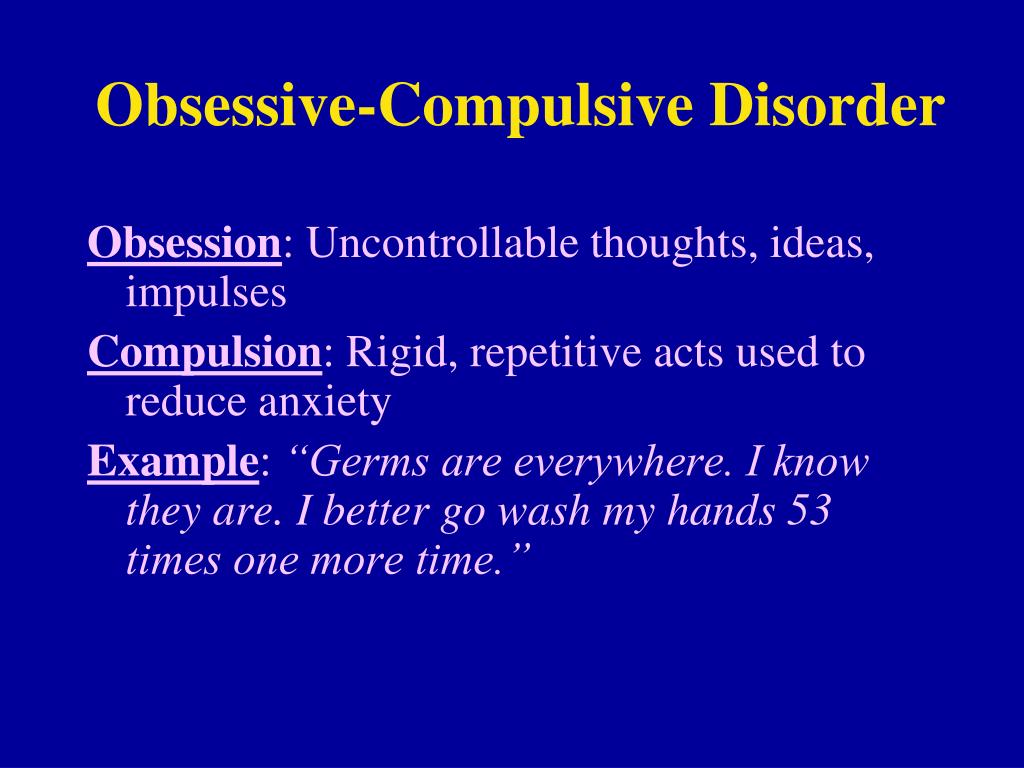 For example, death obsessions may cause you to spend large chunks of your day thinking about death or worrying that someone may die.
For example, death obsessions may cause you to spend large chunks of your day thinking about death or worrying that someone may die.
There are also stressors that can contribute to having death obsessions, like if you or someone close to you is very sick, it can be difficult to stop thinking about death.
Thanatophobia is the fear of death or the process of dying. If you have thanatophobia, you might experience high anxiety and distress when thinking about death or dying. You may also have extreme emotions such as anxiety, anger, guilt, or agitation.
A 2020 study found a strong link between death anxiety and the occurrence of OCD symptoms.
Death obsessions are common in people with OCD. However, some factors may make you more susceptible to having obsessions surrounding death.
Research suggests that a fear of death is more common in individuals who:
- have low self-esteem
- lack religious beliefs
- are in poor health
- lack a sense of fulfillment in life
- have less intimacy with family and friends
Fears of death also occur frequently in individuals with depression, anxiety, and those who have strong beliefs about what will happen after death.
While you can’t entirely control your thoughts, you can learn better ways of managing them.
Therapy and medication are both ways to manage obsessive thoughts. There are also some things you can do on your own.
Exposure response prevention
Exposure response prevention (ERP) therapy is a type of cognitive behavioral therapy (CBT). The focus is to expose you to triggers that lead to obsessions and compulsions.
In ERP therapy, a mental health professional will help you examine the relationship between your triggers, obsessions, and compulsions, and then expose you to those triggers.
They will then teach you how to choose not to engage in behaviors that lead to obsessions or compulsive behaviors.
By choosing not to engage in the behaviors, you’ll experience a decrease in anxiety over time.
The body cannot, physiologically, remain in an elevated anxious state. The purpose of ERP is to retrain the faulty alarm system of the brain that says that one must engage in the compulsion in order to relieve anxiety.
ERP is known as the gold standard for treating OCD symptoms.
Medication
Antidepressants known as selective serotonin reuptake inhibitors (SSRIs) can help with managing OCD symptoms. They’re usually prescribed for depression. However, some have been FDA-approved to treat OCD symptoms.
Frequently, these medications are prescribed at higher doses than they would be in depression treatment.
Common FDA-approved SSRIs for OCD include:
- sertraline (Zoloft)
- fluoxetine (Prozac)
- fluvoxamine (Luvox)
- paroxetine (Paxil)
If you’re having obsessive thoughts about death, you may consider talking with your doctor about medication. However, meds may or may not be suitable for you when dealing with OCD.
Self-help strategies
There are strategies you can use at home to help you deal with obsessive thoughts.
Learning to reduce stress and find a way to cope effectively can help with obsessive thoughts. Doing this while working with a mental health professional gives you the greatest benefit.
Mind UK suggests several strategies for managing OCD at home, such as:
- using a self-help resource, such as OCD UK
- building up a support network
- trying out peer support
- exercise
- following a healthy diet
- getting plenty of sleep
If you’re having intrusive thoughts related to death, support is available.
The International OCD Foundation offers some helpful apps to help manage OCD. This foundation focuses on education, support, and symptom management of obsessions and compulsions.
You can also check out their peace of mind community which has a way to connect online.
Other resources for managing OCD symptoms include:
- Made of Millions Foundation
- The National Alliance on Mental Illness
- Beyond OCD
Suicide prevention
If you’re having suicidal thoughts or thoughts of self-harm due to obsessive thoughts about death, help is available now.
- Call the National Suicide Prevention Lifeline 24 hours a day at 800-273-8255.
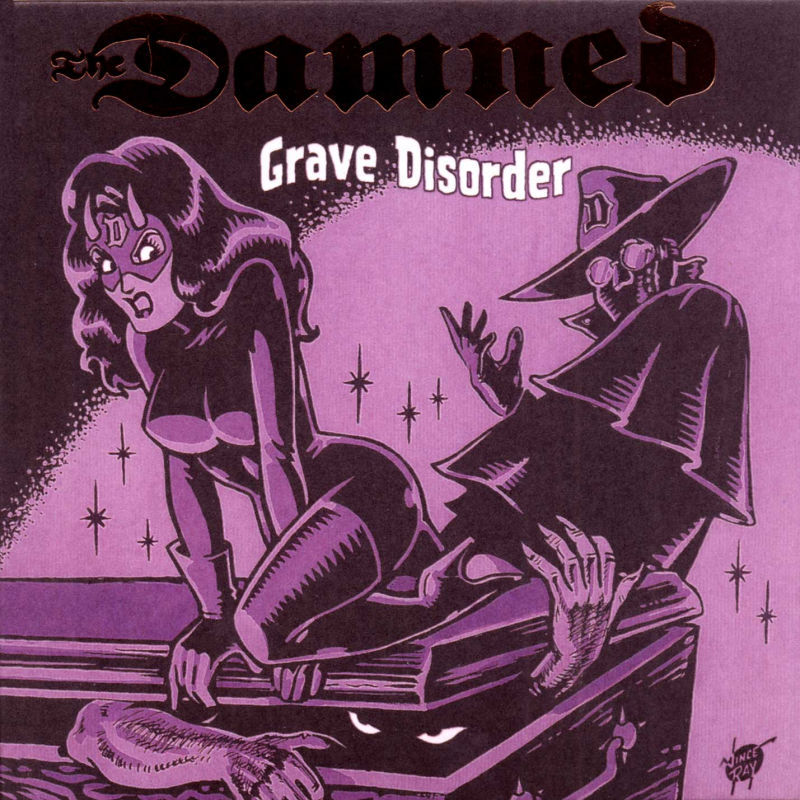
- Text “HOME” to the Crisis Textline at 741741.
- The Trevor Project provides crisis support for LGBTQIA+ individuals. Call their hotline at 866-488-7386 or text “START” to 678678.
- OCD action has a helpline available for those in the UK.
- Not in the U.S.? Find a helpline in your country with Befrienders Worldwide.
Read Obsession with Death online by Nora Roberts
Nora Roberts
Obsession with death
The story is called Possession in Death, 2010.
The book comes between the novels Indulgence in death and Treachery in death, neither of which, unfortunately, has yet been translated into Russian. (The decision to take on this particular story was made after discussion in the Club of fans of the series). In the general list of stories of the series is number 39.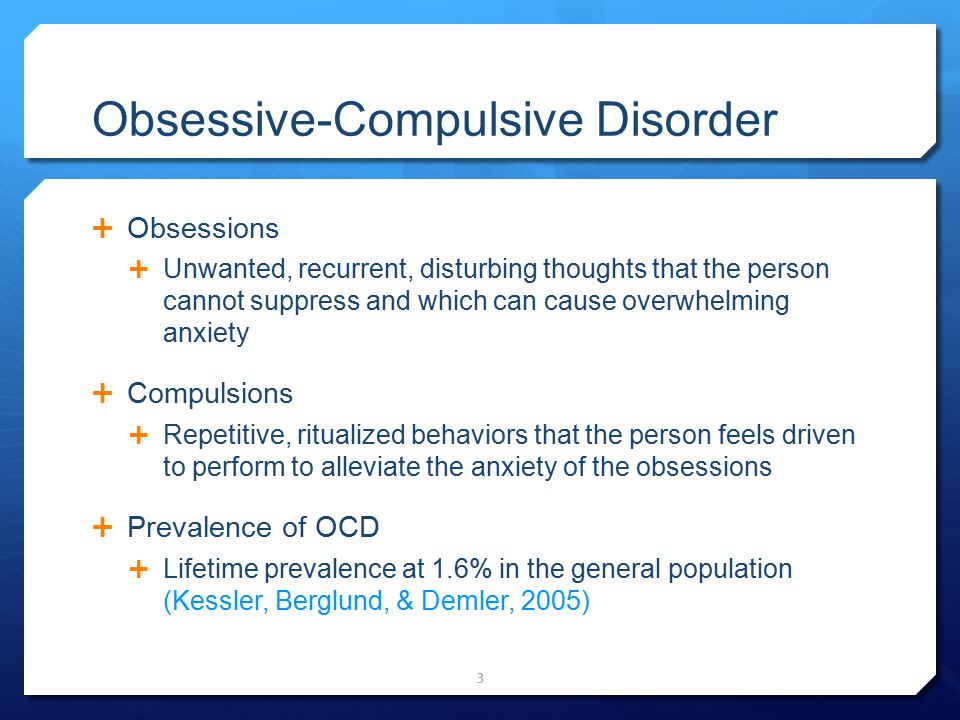
Translator: Val Matzkevich.
Beta reader: Whitney.
Chapter 1
Love is as strong as death.
Song of Solomon
Where and who are you, terrible creature?
John Milton
She spent the whole morning with the killer.
Now he was in a guarded hospital ward, where he got after an extremely serious wound - a pleasant mistake of his accomplice - but Eve did not feel sorry for him.
She was glad that the perpetrator did not die, and wished him a long, very long life - in a concrete cell on some prison planet. Eva felt that the evidence she and her team had collected was strong, and so was the prosecution. And the icing on the frosted cake was the confession that Eva managed to extract from the suspect with the help of ridicule.
However, less than a day ago, he tried to kill her, so the mockery seemed like a small thing.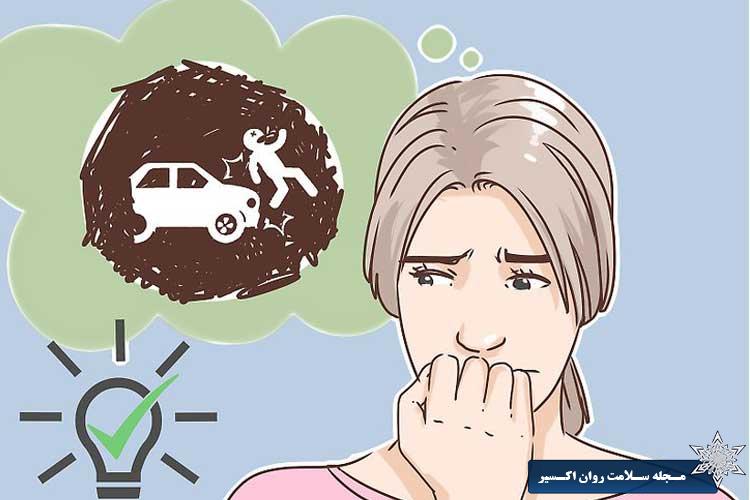
Sylvester Moriarity will be treated by the best doctors in New York, and then he will be in the dock with his friend Winston Dudley, after which a sensational, media-covered trial will begin, given the fortunes and fame of their families.
"Case closed," Eve mentally repeated as she drove home, battling the afternoon traffic on this hot Saturday afternoon. The dead were given the only retribution she could offer them, and their families were given the reassurance—if you could call it that—that the guilty would get what they deserved.
But the thought of the senselessness and cruelty of these crimes, of the narcissism of two men who were so blinded by a sense of their own superiority that they considered murder to be entertainment, even a kind of indulgence, did not leave her.
She made her way through New York City traffic, barely hearing car horns and annoyingly cheery neon ads announcing the start of summer sales at the Heavens mall.
Crowds of tourists filled the city - as, probably, "Heaven" - they were eating soy-dogs from carts, looking for souvenirs and other trifles in shops and street vendors.
"The cauldron," thought Eve, "in which the hot and humid summer of 2060 boils."
She noticed the lightning-fast movement of a clever street thief who collided with a couple of tourists who were staring at buildings and boards for movement and forgot about their own safety. He quickly hid the stolen wallet in one of the many pockets of his overalls and slithered like a snake through the crowd of pedestrians crossing the road.
If Eva wasn't in the car, or at least moving in the same direction, she would have chased after him, and catching the thief might have lifted her spirits. But the guy slipped away and, undoubtedly, will collect a lot of good that day.
Life went on.
As Lieutenant Eva Dallas drove through the massive gates of her house, she reminded herself of that phrase once more. Life went on, and in her case, that included an outdoor picnic with a bunch of cops and her bunch of weird friends. A couple of years ago, this would have been the lousiest way to spend a Sabbath day, but now everything has changed.
Life went on, and in her case, that included an outdoor picnic with a bunch of cops and her bunch of weird friends. A couple of years ago, this would have been the lousiest way to spend a Sabbath day, but now everything has changed.
Living conditions have changed: she moved from a half-empty apartment to a fortified palace. Which Roarke built. Her husband—and this was another innovation, even though they were celebrating their second marriage anniversary—had the idea, the need, and, God be my witness, the means to build this magnificent house with a thousand rooms of different styles and uses. Even the grass was greener here. Not to mention the many flowers and trees.
Peace, warmth and hospitality reigned here. Now she needed it more than usual.
Eve left the car at the main door, knowing that Sommerset - Roarke's butler - would move the car to the garage in its place. She also hoped that this time he wouldn't be stuck in the hall like a scarecrow.
She needed a few moments of calm and coolness, which she wanted to spend in her bedroom with Roarke. We need to get rid of this shitty mood before the guests arrive, Eve decided.
Meaning, Definition, Suggestions . What is obsessed with death
- Online translator
- Grammar
- Video tutorials
- Textbooks
- Vocabulary
- Professionals
- English for tourists
- Abstracts
- Tests
- Dialogues
- English dictionaries
- Articles
- Biographies
- Feedback
- About project
Examples
Meaning of the word “POSSESSED”
Overwhelmed by (some kind of feeling, experience, thought).
See all meanings of the word OBSESSED
The meaning of the word "DEATH"
Very, in the highest degree (colloquial).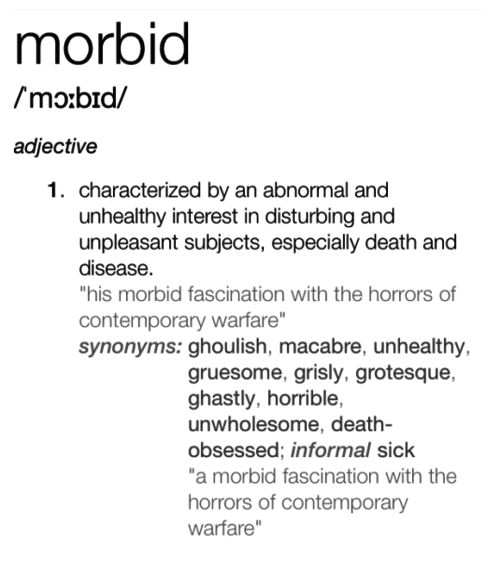
See all meanings of DEATH
Death-obsessed sentences
| An American spy is obsessed with death in a traffic accident three years ago in London; | |
| You are obsessed with the death of someone whose main mistake is that he was raised by the wrong person. | |
| Other results | |
| Such an obsession can become deadly in the blink of an eye. | |
| He finds her with Walter possessed and about to fall into a death trap, and a fight breaks out between the two men. | |
| You always wrote the same book. It's the same obsession with emptiness and death. | |
| After her death, his obsession led him to dig up the corpses of women who looked like his mother. | |
| Moon-possessed death machine. | |
| I know it sounds trite, but... since he was 10 years old, right after his father's death, he became obsessed with... justice. | |
| His theory was wrong, and Gebhardt's obsession is blamed for the death of many patients. | |
| Felldo was so obsessed with the fall of Marshank that he began to attack him alone. When he came face to face with Badrang, he was beaten to death by his henchmen. | |
| Shy, obsessed Homer continues to fight for Faye's love, taking care of her after her father's death. | |
| The soldiers increasingly doubted the abilities of the commanders, sinking into deep despair, obsessed with their own premonitions of death. | |
| It illustrates the artist's obsession with nightmares of war, plague and death. | |
| As Christina begins to think more about her changed life and the death of her girls, she becomes obsessed with revenge on Jack. | |
| There is Voldemort's obsession with conquering death and his desire for immortality at any cost, the goal of any person with magic. | |
| If I attacked you because of your obsession with rules, it was only because against your background we mere mortals lose face. | |
| The untimely death of her sister probably contributed to Ms. Lippman's obsession with the afterlife. | |
| If you use force, I will fight to the death with all my obsession. | |
| Florida Death, San Francisco Bay Area Obsession, and Ohio Necrophagia are recognized as foundational groups in this style. | |
| The original Manhunt was responsible for the brutal death of a British youth by his friend who obsessively played the game. | |
| I'm just a little worried about you, you seem obsessed with... death or something. | |
| Then where does your obsession with death come from? | |
| My father is obsessed with your death because we live together. | |
| These symbols appeared thousands of years ago...groups of people were obsessed with death and ritual killing. | |
| I've been looking for individuals with a nasty obsession with death in Cincinnati and the surrounding area - zero. | |
| After the outbreak of World War II, Woolf's diary indicates that she was obsessed with death, which figured more and more in her gloomy mood. | |
| Deadpool becomes obsessed with death after having a series of NDEs. | |
This page provides the definition (meaning) of the phrase "obsessed with death", as well as synonyms, antonyms and sentences, if available in our database. We strive to make the English-Grammar.Biz explanatory dictionary, including the interpretation of the phrase / expression "obsessed with death", as correct and informative as possible. If you have suggestions or comments about the correctness of the definition of "obsessed with death", please write to us in the "Feedback" section.